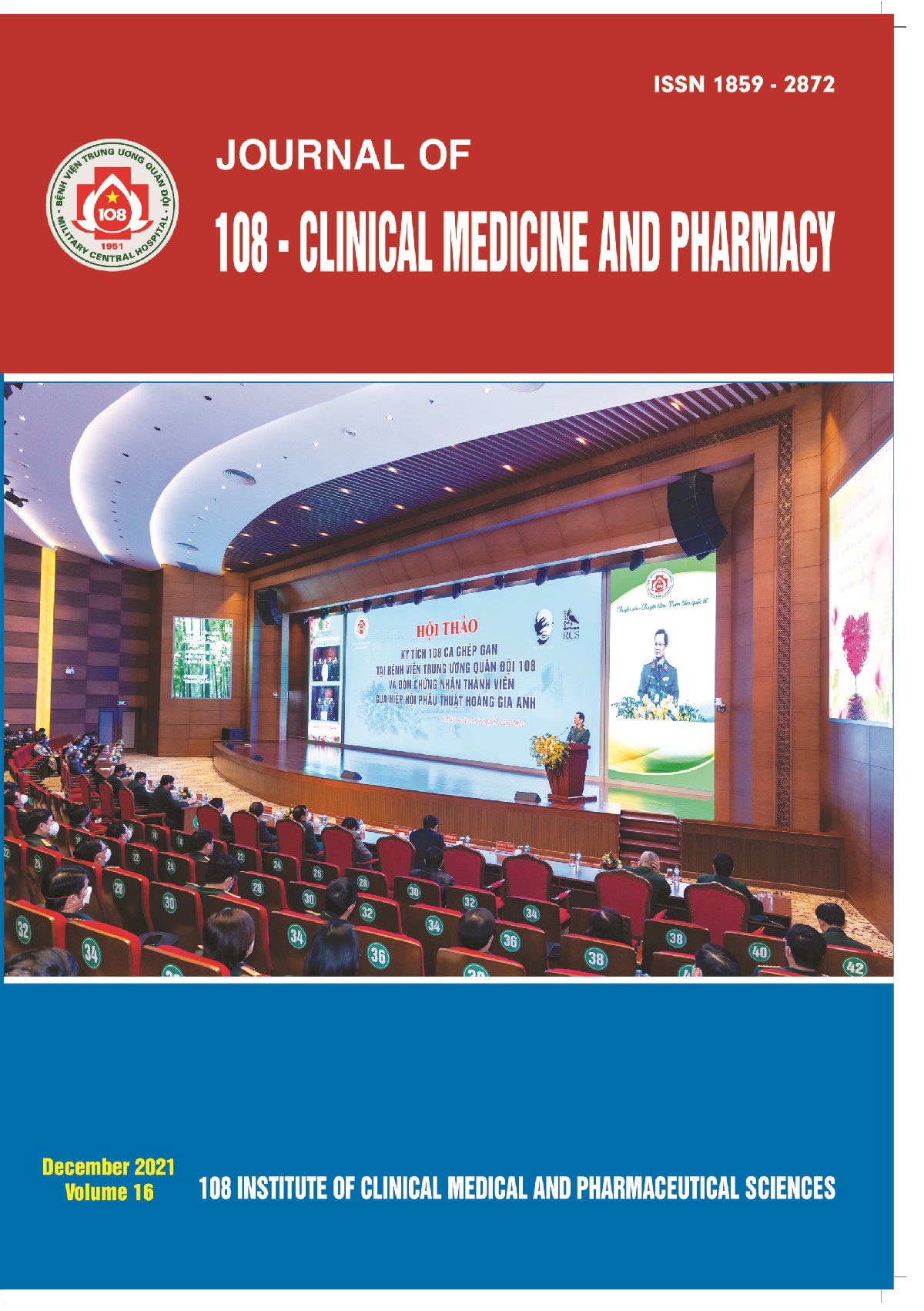Comparison of double plasma sampling method and gates method for estimation of glomerular filtration rate
Main Article Content
Keywords
Abstract
Glomerular filtration rate (GFR) is an important indicator of renal function. Several methods have been applied to calculate GFR in clinical exams. In this study, we evaluated and compared between radionuclide plasma sampling methods (double blood samples, in vitro methods) and in vivo Gate’s method using 99mTc-diethylene triamine penta-acetic acid (99mTc-DTPA) renography. Subejct and method: 42 patients were participated in this study, including 12 patients with obstructive uropathy (group 1) and 30 renal donors (group 2). The administered doses were in a range of 5 – 7mCi. Then, scintigraphy was performed simultaneously after injection, and GFR was calculated by Gate’s method. Blood samples were collected at 60 mins and 120 mins post-injection, which were counted by a thyroid uptake system, and GFR results were determined using a double plasma sample (DPSM) method. Result: The mean GFRs calculated by renography in groups 1 and 2 were 85.8 ± 16.2 (ml/min) and 118.9 ± 13.9 (ml/min), respectively. Meanwhile, using the in vitro DPSM, the mean GFRs in group 1 and 2 were 73.8 ± 15.4 (ml/min) and 117.0 ± 13.0 (ml/min) respectively. They showed a high correlation between the two methods in the two groups (r = 0.86 and 0.71, respectively). Conclusion: Renography is a simple technique but considered inaccurate for determination of GFR. However, in vitro DPSM is rarely used in Vietnam. In this study, Gate’s method corresponded well with plasma sampling method and tended to overestimate the glomerular filtration rate.
Article Details
References
2. Hernandez Ocampo J, Torres Rosales A, and Rodriguez Castellanos F (2010) Comparison of four methods for measuring glomerular filtration rate by inulin clearance in healthy individuals and patients with renal failure. Nefrologia 30(3): 324-330.
3. Stevens LA and Levey AS (2009) Measured GFR as a confirmatory test for estimated GFR. J Am Soc Nephrol 20(11): 2305-2313.
4. Hoek FJ, Kemperman FA, and Krediet RT (2003) A comparison between cystatin C, plasma creatinine and the Cockcroft and Gault formula for the estimation of glomerular filtration rate. Nephrol Dial Transplant 18(10): 2024-2031.
5. Watson WS (1992) A simple method of estimating glomerular filtration rate. Eur J Nucl Med 19(9): 827.
6. Blue PW, Jackson JH, and Ghaed N (1985) Re: Glomerular filtration rate determined in conjunction with routine renal scanning. Radiology 156(2): 553.
7. Gates GF (1985) Split renal function testing using 99m-Tc DTPA. A rapid technique for determining differential glomerular filtration. Clin Nucl Med 8: 400-407.
8. Wieczorowska-Tobis K et al (2006) Difference in estimated GFR with two different formulas in elderly individuals. Int Urol Nephrol 38(2): 381-385.
9. Russell CD et al (1985) Measurement of glomerular filtration rate: Single injection plasma clearance method without urine collection. J Nucl Med 26(11): 1243-1247.
10. Surma MJ, A Plachcinska and J Kusmierek (2018) Modification of a two blood sample method used for measurement of GFR with 99mTc-DTPA. Nucl Med Rev Cent East Eur 21(1): 42-47.
11. Fleming JS et al (2004) Guidelines for the measurement of glomerular filtration rate using plasma sampling. Nucl Med Commun 25(8): 759-769.
12. Piepsz A et al (2001) Guidelines for glomerular filtration rate determination in children. Eur J Nucl Med 28(3): 31-66.
 ISSN: 1859 - 2872
ISSN: 1859 - 2872
